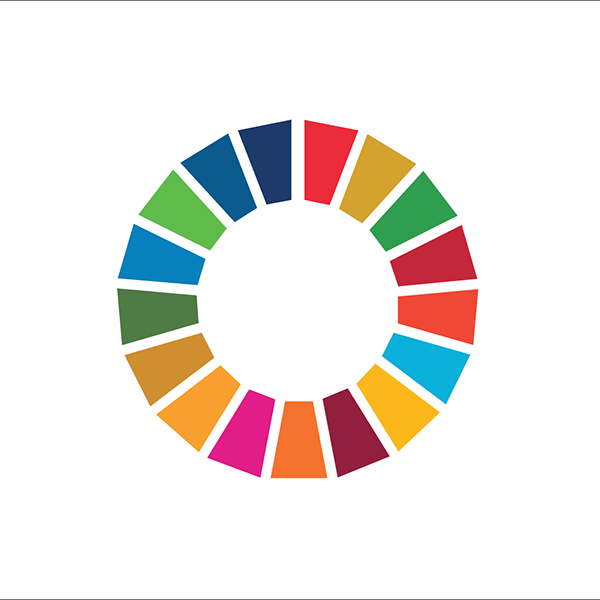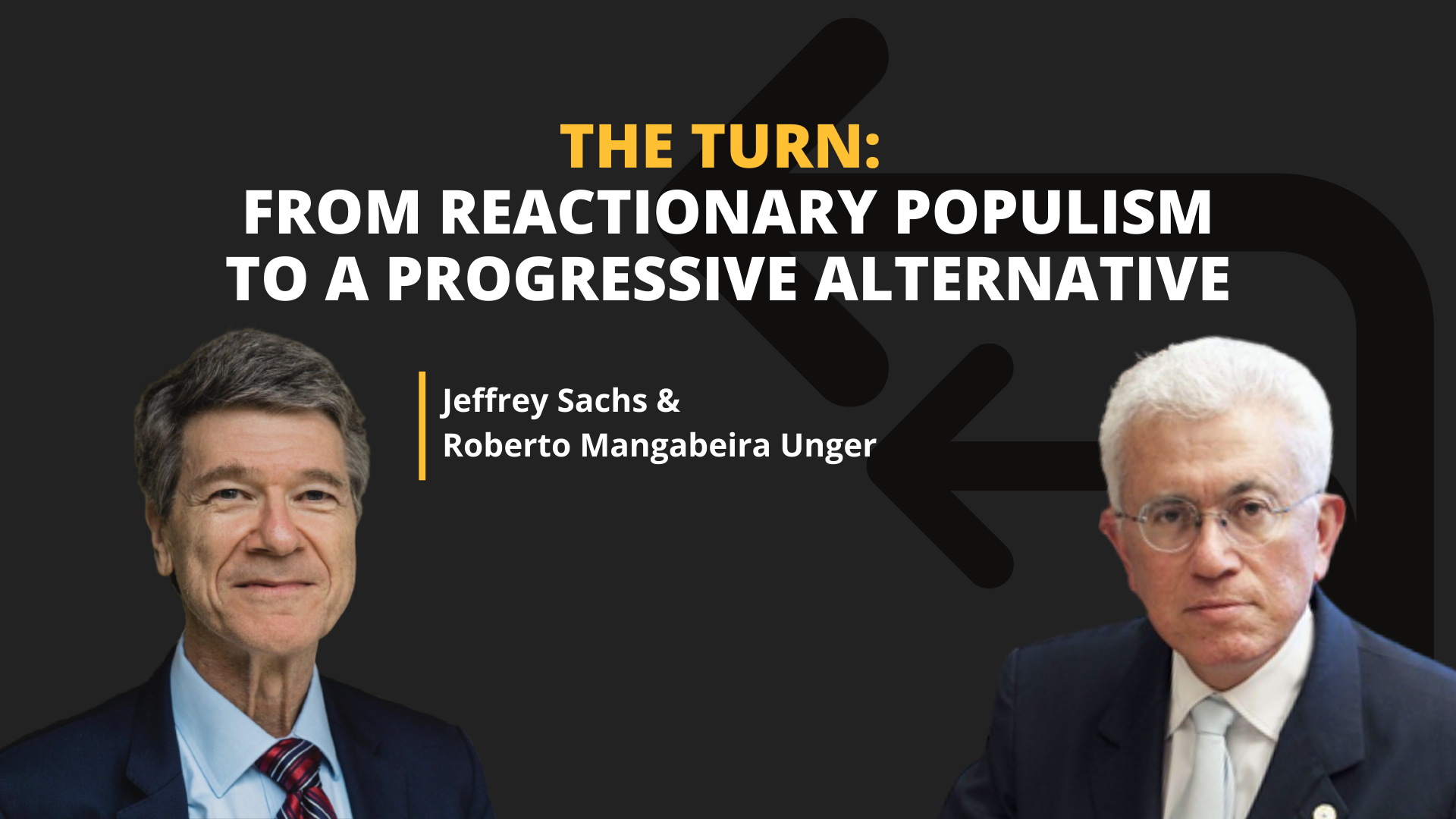In early 2021, Columbia University Professor Jeffrey Sachs and political philosopher Roberto Mangabeira Unger delivered a three-part webinar series to discuss the systemic and structural changes necessary to create a progressive future, with a focus on Brazil and the US. Both countries suffer from political polarization, populism, social conflict, and economic inequality among the highest in the world. Professors Sachs and Unger analyzed and debated how the two countries reached their current state of crisis, and how each nation--and the world--can forge a progressive alternative to overcome the current impasse.
3 videos
FREE
English
A strong internet connection that can support viewing
three-part series

Roberto Mangabeira Unger

Progressive Alternative

UNITED STATES AND BRAZIL

Overview
This video series is available for free in the SDG Academy Library.
structure
- Pre-recorded lectures
Lead Faculty
-
Faculty Image
Jeffrey Sachs
Columbia University
-
Faculty Image
Roberto Mangabeira Unger
Harvard University
This course is for
Advanced undergraduate and graduate students interested in economics and political philosophy
Policymakers and professionals who seek to encourage transformational change for sustainable development
Development practitioners who want to understand the broader context of social and economic transformation
Questions?
-
SDG Academy team
sdgacademy@unsdsn.org
Course logistics and requirements
This series is available for free in the SDG Academy Library.Certificates
There is no certificate available for this course.syllabus
Stagnant and divided: What happened to socially inclusive economic growth and progressive politics?
This first session of The Turn sets the stage for the discussion and seeks to answer the question, "What happened to socially inclusive economic growth and progressive politics?"
In the second session, Professors Sachs and Unger explored the rise of populism and the shift towards progressivism in the contexts of the United States and Brazil.
The final session presents the "progressive alternative" and outlines what steps should be taken to bring about these changes.



